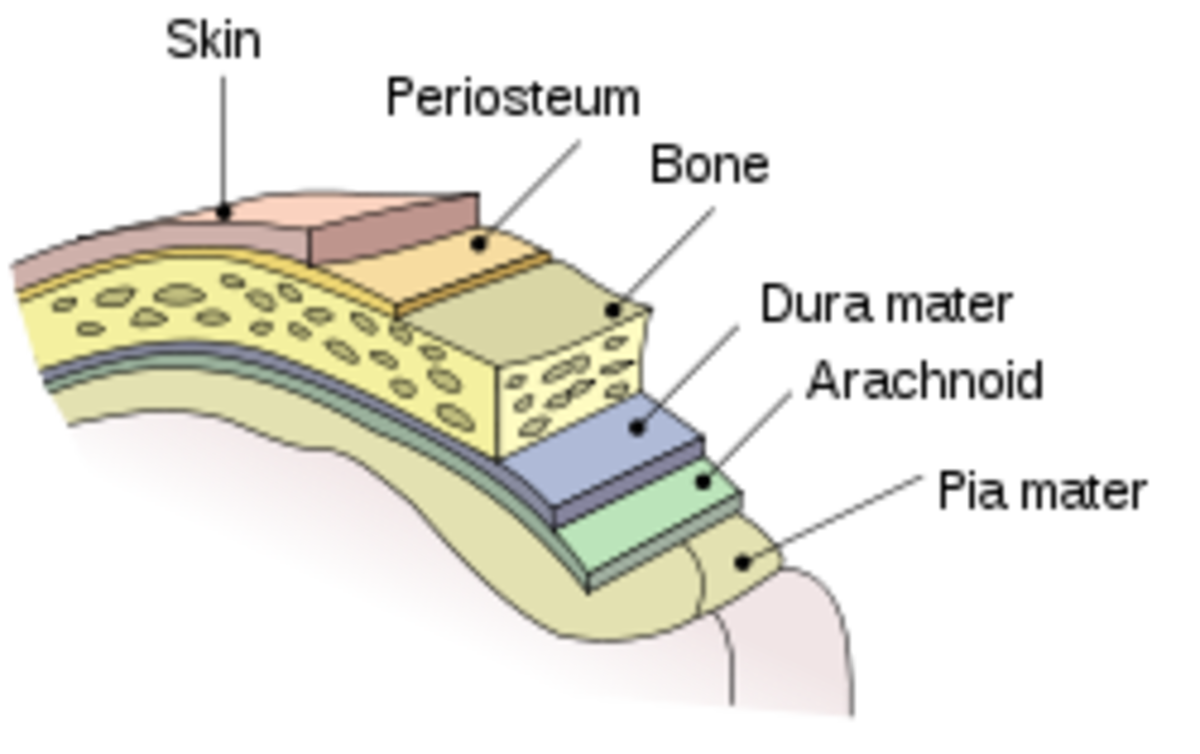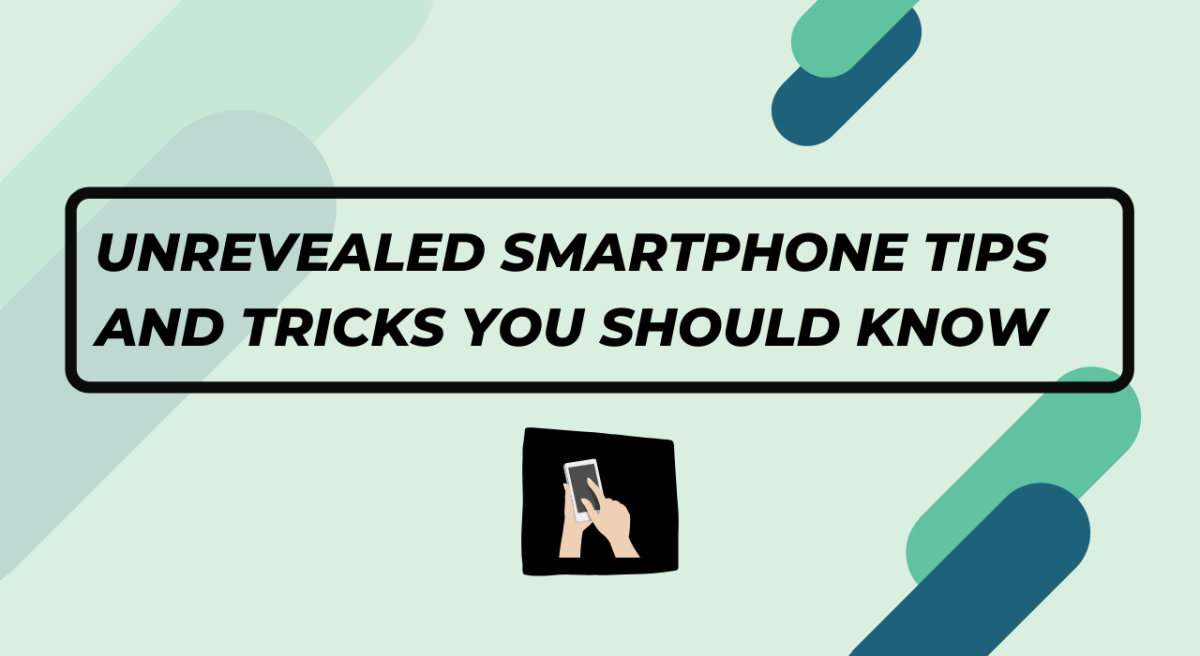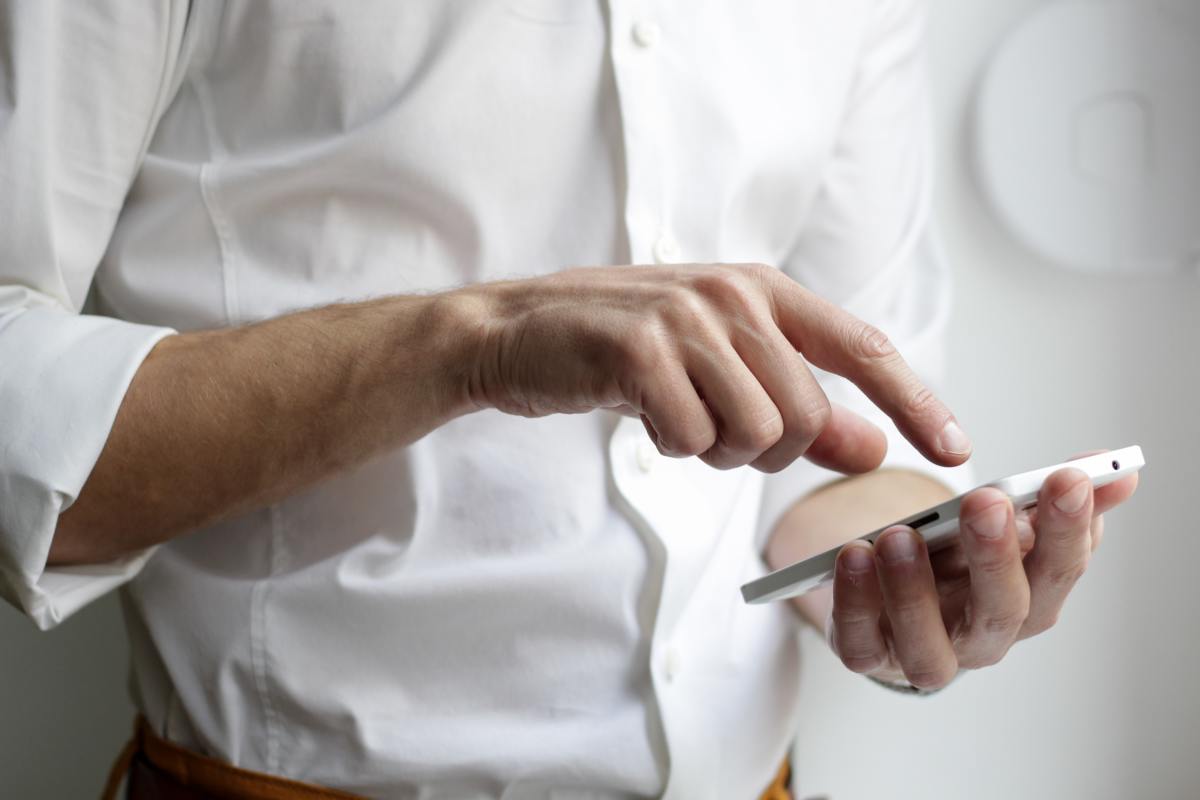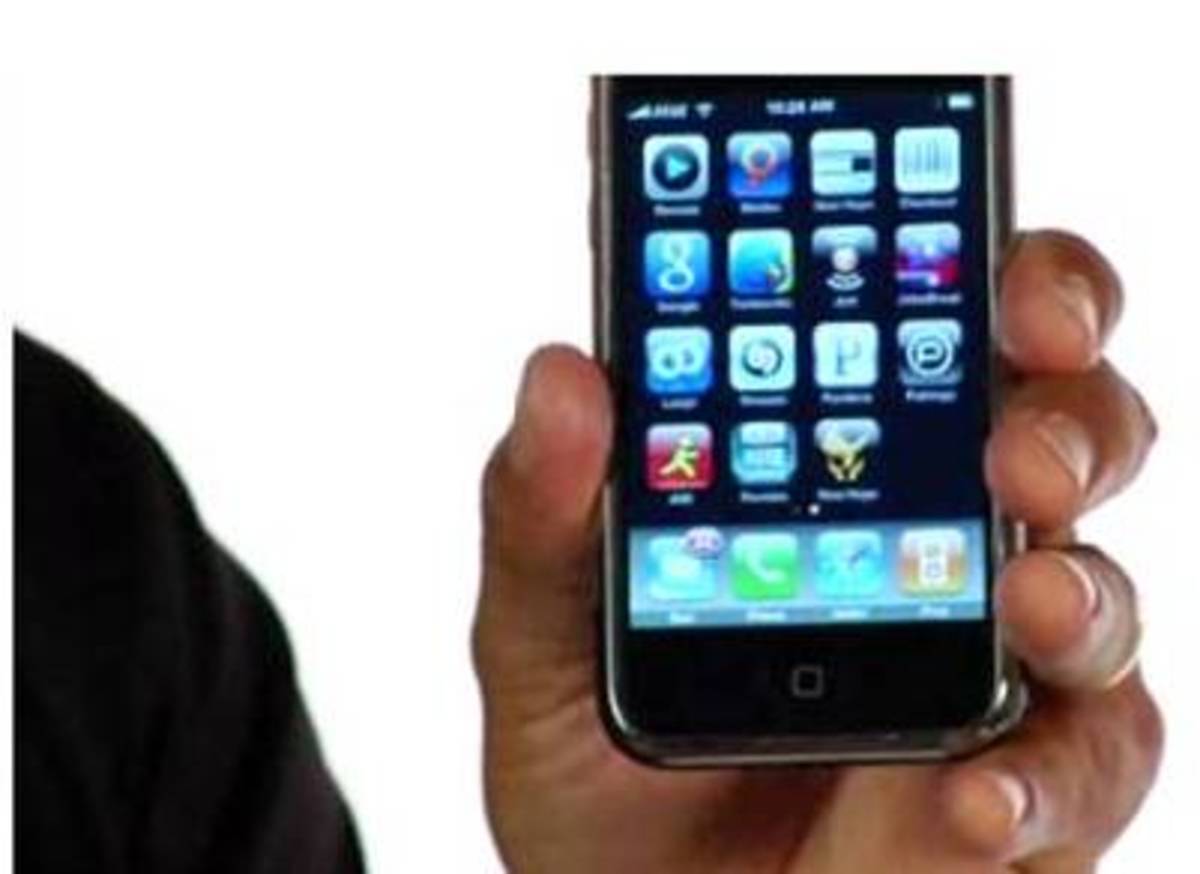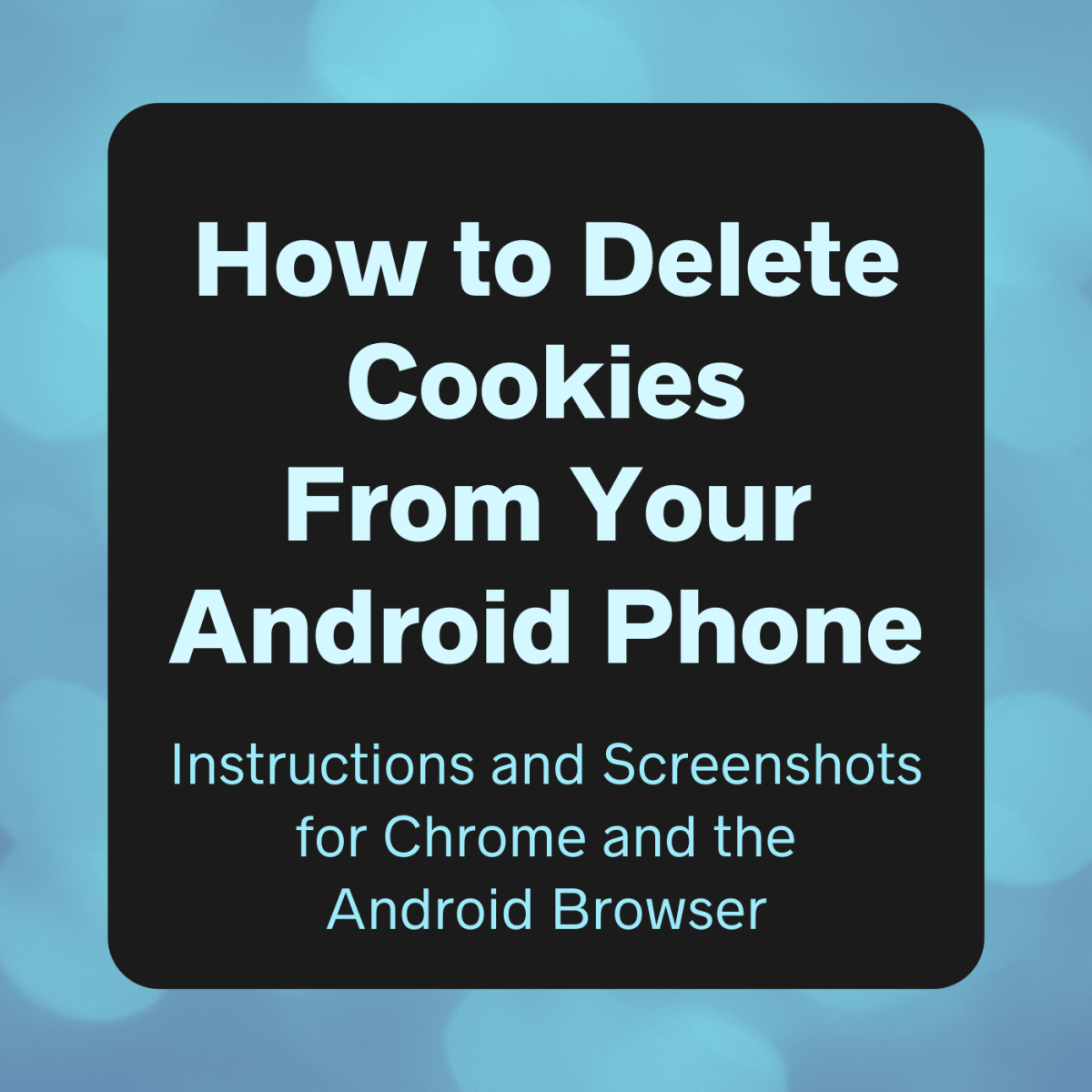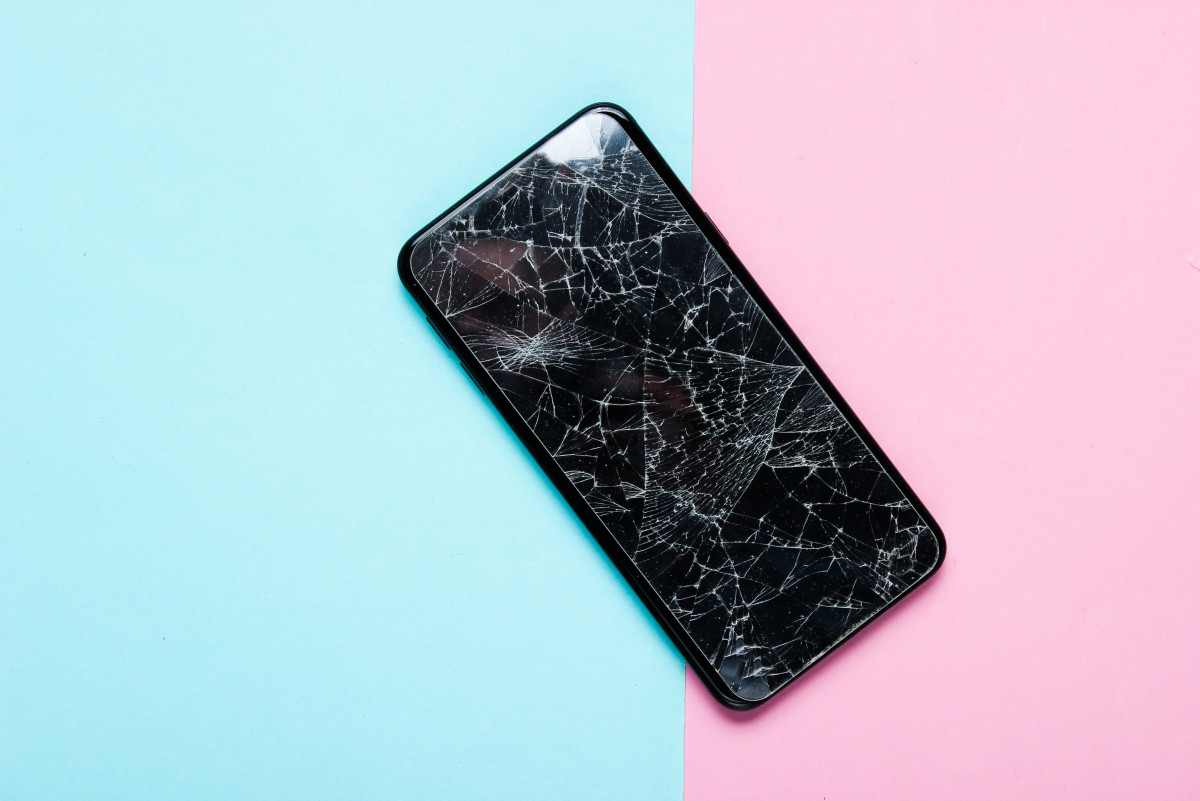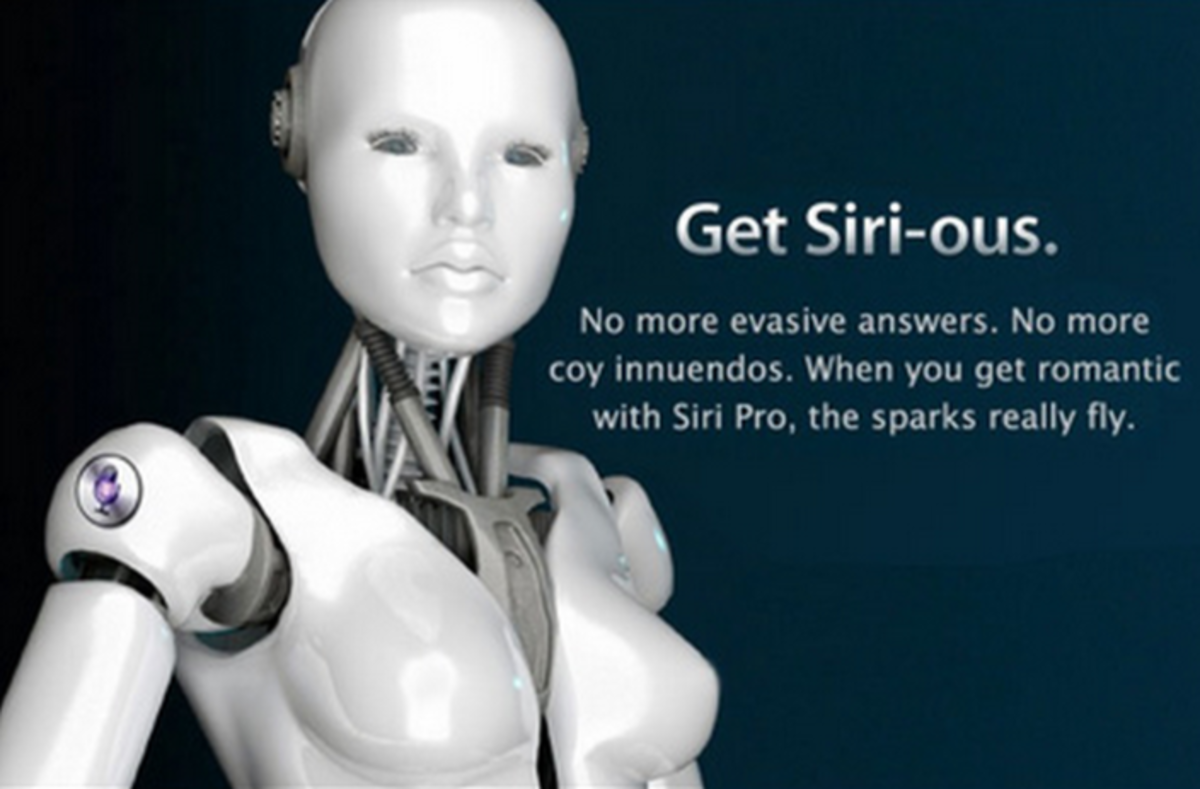How smartphone apps are good for your brain?
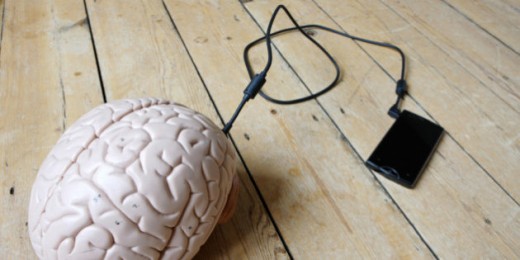
Monash University Research
A team of researchers at Monash University, Australia, in a study titled “Smartphones as assistive technology following traumatic brain injury: a preliminary study of what helps and what hinders”, undertook two research-studies to find out the role of smartphones for sufferers of Traumatic Brain Injury (TBI), the brain injury due to some external force, and stroke.
In the TBI study a total of 62 participants, 29 TBI diagnosed and 33 non-injured, took part. The “stroke study” comprised of 58 participants, 29 sufferers of stroke and 29 lacking history of any neurological disorders.
Research findings
Weaknesses in memory are common after brain injury and this might hampers one’s ability to lead an independent lifestyle. Some of the major findings of the researches can be summarized as follows:
1. Simple apps such as calendar are helpful for the individuals suffering from brain injuries.
2. Memory apps are useful for both diseased as well as healthy persons
3. It is a fallacy to say that memory aids results in the brain getting more lazy
4. Apps tending to share the brain’s workload, by delegating petty brainy tasks, help one maintain focus on more important tasks and relives one of remembering trivial details
5. Biggest benefit of using Smartphone apps is their memory-assistive characteristics
Strategies to restore memory
A brain injury is mostly followed by memory problems and the habit of forgetting daily-life details. Normally, there are two compensatory strategies for restoring memory after brain injury:
1. Internal compensation: Repetition of information so as to retain it in short-term memory
2. External compensation: Utilizing memory aids such as calendars, to-do lists, planners and alarms etc
Prior to smart-phone era, the pen-and-paper technique was used to make notes. However, such option is prone to errors such as preservation issues, loss and damages etc.
'Mindfulness' as major benefit
One of the major advantages of using smartphone apps is sharing of workload i.e. it reduces the work burden and helps an individual to divert his/her focus from petty affairs. In order words, they facilitate an individual to practice ‘mindfulness’. Mindfulness or, concentrating on the present time, is reported to offer several medical benefits.
Smart phones offers helping-hand for disable people
On the other hand, technological aids such as pagers and personal digital assistants require explicit guidance and learning for effective operation. Brain injurers, for most of the times, are devoid of the capability to learn a technique.
So, smart phone proves to be a better alternate. It is widely available, familiar, portable and offers customization options. In addition to exclusive brain-focused apps, the intrinsic features offered such as contact list, reminder text and camera etc have been reported to help the patients affected by TBI and stroke.
Reliance on smart-phone apps: An innocuous maneuver
Reliance on memory aids does not affect an individual’s memory capacity, irrespective of his medical history. This has been demonstrated by test-results of a memory-recall challenge in which the both participants, healthy as well as brain-ill, recorded unvaried scores. Such finding might serve as a boost-up for the survivors as they loss self-esteem and suffer from social anxiety due to perceived stigma of disability.
Stroke survivors using memory apps more frequently remember and organize tasks in a much better manner – an increase in productivity. This was evidenced by their increased interest and participation in work, studies and volunteer activities.
In contrast to younger adults, who are familiar with tech, the older people might find it difficult to use smartphone apps. Instead of learning by trial-and-error, the patients effected by TBI and stroke prioritize being trained formally.
The research project is ambitious and aims, in its future plans, to consider the issue of introducing better learning tools for brain-ill people so that they can use without obstructions.
Social media apps help such people find others and to socialize with them. For maximizing the benign outcomes for brain-injured people, the project stresses the need to further make such apps become more versatile, compatible with larger displays, technical support and friendly interface.
Some of the barriers, which might hamper a patient’s dependability on smartphones are complex compatibility, information load, charging the mobile phone battery, software upgrades and the associated updation.
Two major categories of smartphone apps
Smartphone apps can be generally categorized into following two major categories:
Memory and Organization: Alarms, Calendars, To-do lists, Contact list, Calculator, Shopping lists and Global Positioning System (GPS) etc
Therapy: TBI/Stroke Apps, Relaxation and Yoga, Behavior Trackers, Medication Trackers, Brain Training and Anxiety Control etc
Other Research Endeavors
The American Congress of Rehabilitation Medicine (ACRM) has published Cognitive Rehabilitation Manual which offers a pragmatic approach to deal with impairment of executive functions, memory, attention, hemispatial neglect and social communication.
In another research-study titled “Hashtag #TBI: A content and network data analysis of tweets about Traumatic Brain Injury” undertaken by a group of Australian Researchers the trend of using Twitter by TBI patients was analyzed. The scheme involved tracing TBI-related hash tags. The result encompassed 893 users, with 219 diagnosed with a brain-injury, and 29,199 tweets. It was found that twitter offers friendly alternate for the brain-ill individuals and is utilized, most of the times, to discuss health issues, raise awareness, seek life-advice and for sharing inspirational messages etc. Twitter can also be used by doctors to effectively devise rehab strategies.
In a study titled “An App a Day Keeps the Doctor Away: Guided Education and Training via Smartphones in Subthreshold Post Traumatic Stress Disorder”, the authors from Uniformed Services University of the Health Sciences, USA, have found that smartphone apps significantly reduce the symptoms of Post Traumatic Stress Disorder (PTSD), anxiety and depression etc.

